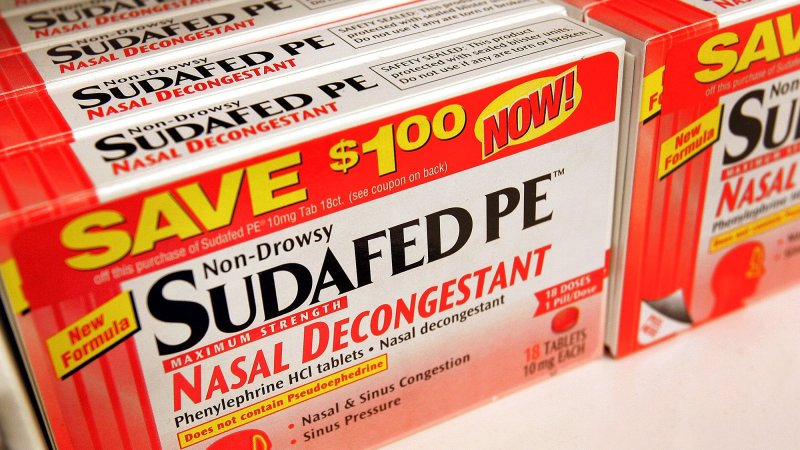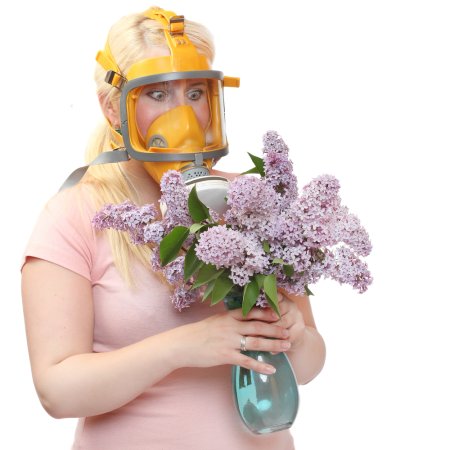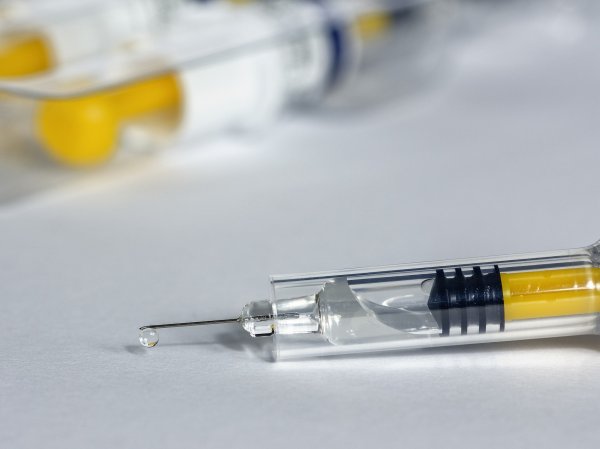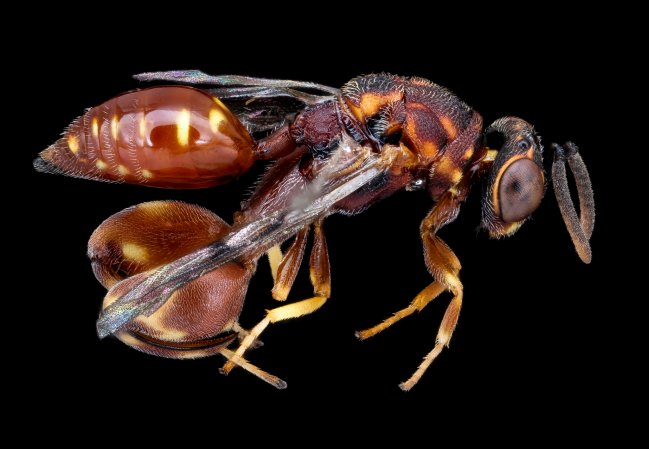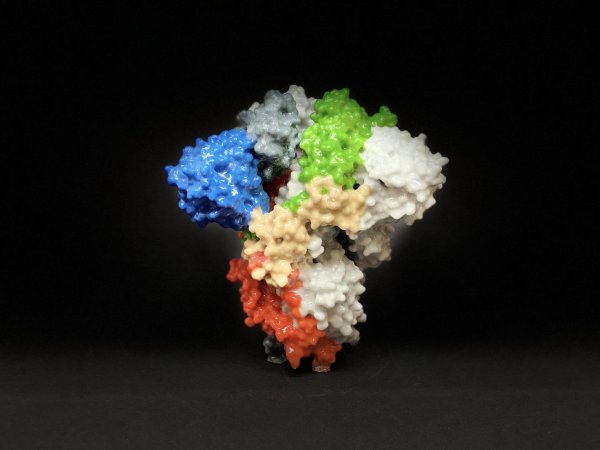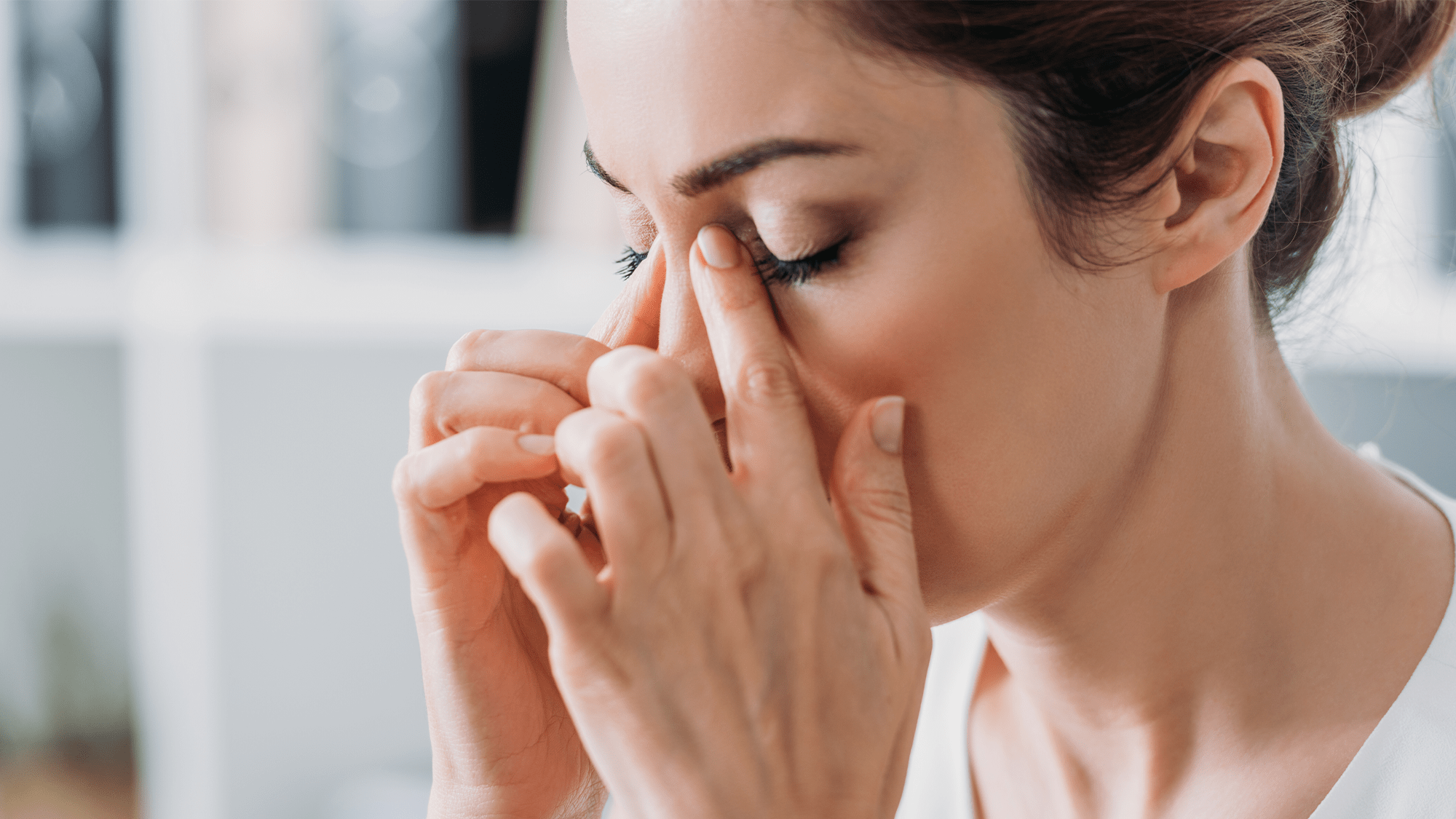

Alongside colder temperatures, stuffy nose season has officially arrived for many of us. This is also the first cold season since an independent advisory committee to the Food and Drug Administration declared that a common decongestant called phenylephrine is ineffective as when taken in pill form. In response, CVS pulled some of the products off of shelves completely. Here’s some guidance on what might actually work.
[Related: What’s the difference between COVID, flu, and cold symptoms?]
How do decongestants work?
Nasal and sinus congestion is caused by viral infections from a cold or the flu or allergies. The mucus membranes that line the nose become swollen and more mucus is produced in response. Oral decongestants taken in pill form and topical decongestants in spray form can provide relief.
“They stimulate the autonomic nervous system to give you a response similar to adrenaline or epinephrine, which constricts blood vessels,” Boston University physician and head and neck surgeon Michael Platt told The Brink. “So, in your nose, you’re shrinking the blood vessels and decreasing the blood supply into the nose. Structures in the nose, called turbinates, swell up when you get a cold or allergies. They’re like round balls of tissue in your nose, and they fill up with blood and get swollen, and when you take a decongestant, it shrinks those blood vessels. It also makes your blood pressure go up, just like adrenaline does.”
Look for pseudoephedrine
This FDA-approved oral decongestant is very effective at clearing congestion caused by common colds and seasonal allergies. It helps narrow the blood vessels in the nasal passages. Some brand name medications that contain pseudoephedrine include regular Sudafed, Dimetapp, and Biofed.
While they don’t require a prescription, they require customers to show their driver’s license or another government-issued photo ID and there are limits to how many you can buy. The drug was moved behind the counter in 2006 after reports that it can be used to make the illegal drug methamphetamine in large quantities.
Vanderbilt University Medical Center ear, nose, and throat doctor Marc Feeley told AARP that while these are effective, medicines with pseudoephedrine may not be the best choice for those with cardiovascular issues, since it can raise blood pressure. Those with heart disease or hypertension should speak with their doctors before taking anything with pseudoephedrine.
[Related: Cold temperatures could make our respiratory systems more vulnerable to infection.]
Try a nasal spray
While the recently demoted phenylephrine is ineffective in pill form, it does work as a nasal spray. Sprays containing both phenylephrine and a nasal decongestant called oxymetazoline are good options for relieving congestion. Some brand name options with phenylephrine include Vicks Sinex and Nostril. Nasal sprays with oxymetazoline include Afrin, Mucinex Full Force, and Vicks Sinex 12 Hour.
Johns Hopkins Sinus Center director and rhinologist Andrew Lane told Scientific American that oxymetazoline is the stronger and quicker of the two, but that both sprays should only be used for three days.
“These medications act on adrenergic receptors on the blood vessels that line the nose’s mucous membranes. If you take the spray around the clock for many days in a row, those receptors get overstimulated and become resistant to the medication,” said Lane. “The effects last less and less, and people keep using it more and more frequently, until they feel like they can’t breathe without it. We call that rhinitis medicamentosa, or rebound congestion.”
Steroid nasal sprays
If your nose is less congested and more runny and also comes with itchy eyes, allergies may be causing the symptoms. H. James Wedner, a professor of medicine in the Division of Allergy and Immunology at Washington University School of Medicine, told AARP that corticosteroid nasal sprays are best in this situation.
These sprays include brand names like Flonase, Nasacort, and Rhinocort. According to Wedner, they must be taken for a few days or weeks for maximum benefits.
Hydration, steam, and more
Some other options that may work include using a humidifier, taking a warm shower, applying warm compresses to the nose, and flushing out the sinuses using a neti pot. It is also important to stay hydrated and drink plenty of fluids if you have cold and flu symptoms.
